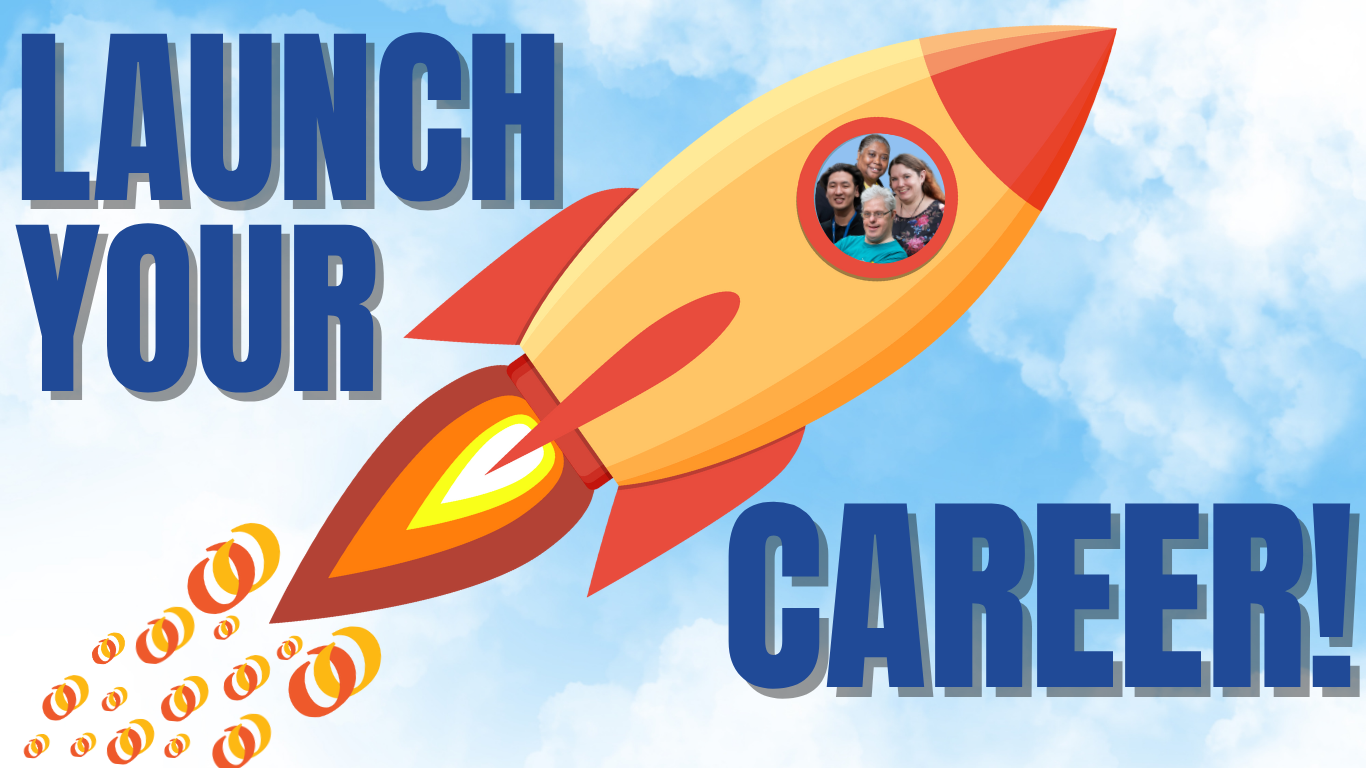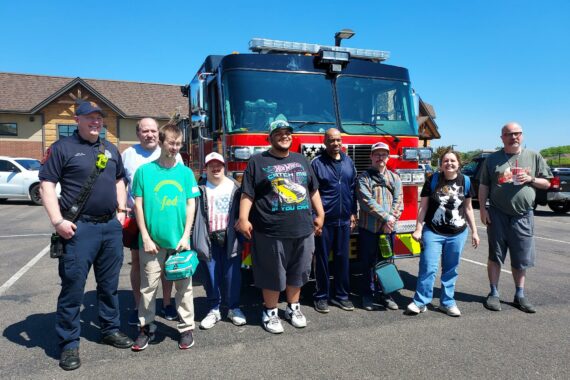
Disability Inclusion
The Importance of Community Integration for People with Disabilities
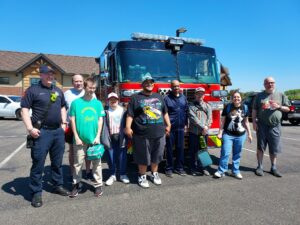
Nearly one in four adults in the United States lives with some form of a developmental or intellectual disability; these individuals are often excluded from social relationships, community participation, leisure activities, and employment.* This exclusion only reinforces the often -negative stereotypes that surround adults with disabilities and does nothing to advance their quality of life.
However, their quality of life can greatly improve by disability inclusion or including people with disabilities in everyday activities and encouraging them to take part in similar roles as their non-disabled peers. Not only does disability inclusion benefit the individual with a disability, but the community as a whole.
So, what does disability inclusion look like? Inclusion should lead to increased participation in roles and activities like going to school, having a job, being social and spending time with friends, being a spouse, partner or parent, and feeling the worth and value that comes when you are a member of your community.
Other benefits from community inclusion include:
- Building practical life skills that lead to enhanced independence.
- Providing a path to recovery for those who feel isolated and unwanted.
- Having access to activities and services not available in segregated environments.
- The satisfaction of being part of a diverse community and engaging with others.
- Opportunities to learn appropriate social behaviors and make new connections.
- Having access to inclusive workplaces where they’re treated the same as their non-disabled peers.
Successful community integration also has a variety of benefits for nondisabled people and the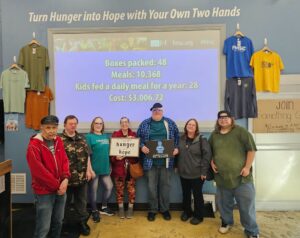 community at large. These include:
community at large. These include:
- More diverse relationships with those who have different viewpoints and experiences.
- More funding for public spending when people with disabilities work and pay taxes.
- Decreased costs associated with supporting people with disabilities through paid professionals.
- The chance to experience the many gifts and talents people with disabilities possess.
With all of the advantages that come with inclusion, there are barriers that still exist, yet they can be overcome. It is important to recognize that being integrated into a community should be tailored to the needs of the individual and placed across their lifespan, along with its different stages of life and interests. Regardless of age, people with disabilities should understand the many supports and 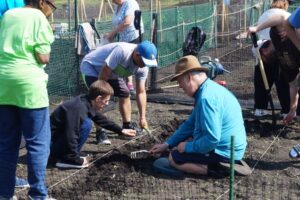 services available to them when it comes to community integration, including participating in real-life skills training to hone in on their strengths, seeking out the many employment opportunities available to them, considering residential options that allow an individual the ability to make decisions for themselves, and utilizing the caring, compassionate services that organizations like Opportunity Partners provide. Every person deserves to live a life of worth and value, and for people with disabilities, inclusion in one’s community and feeling like a valued member of it is a benefit not only to them, but to the entire community and world.
services available to them when it comes to community integration, including participating in real-life skills training to hone in on their strengths, seeking out the many employment opportunities available to them, considering residential options that allow an individual the ability to make decisions for themselves, and utilizing the caring, compassionate services that organizations like Opportunity Partners provide. Every person deserves to live a life of worth and value, and for people with disabilities, inclusion in one’s community and feeling like a valued member of it is a benefit not only to them, but to the entire community and world.
At Opportunity Partners, our mission is that together we can advance the quality of life for people with disabilities, and it is at the core of everything we do, including advocating for disability and community inclusion. If you would like more information about the employment, residential, and enrichment services we have available, please contact info@opportunities.org.
For information on community inclusion and/or the rights of people with disabilities, click on the following links:
Minnesota Consortium of Citizens with Disabilities (CCD), http://www.mnccd.org/
Minnesota Families & Advocates Coalition (MNFAC), https://mnfacgroup.com/
ACCESS, https://accses.org/
ANCOR, https://www.ancor.org/
Association of Residential Resources in Minnesota (ARRM), http://www.arrm.org/
Minnesota Council on Disability, https://www.disability.state.mn.us/
Minnesota Organization for Habilitation and Rehabilitation (MOHR), Home (mohrmn.org)
*Specialolympics.org
